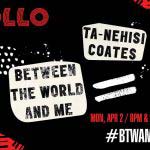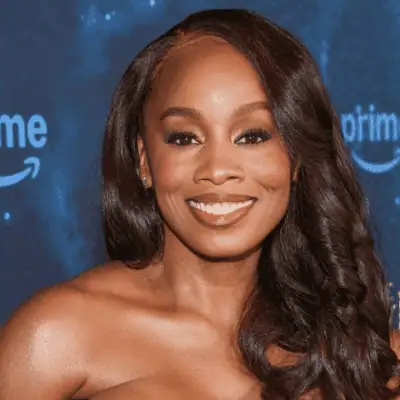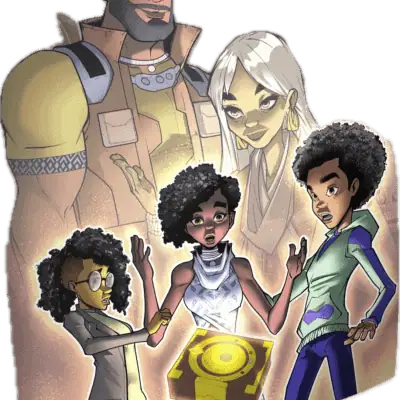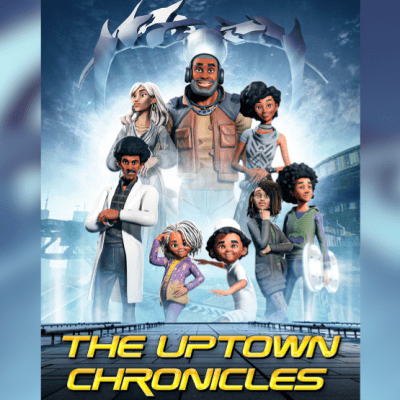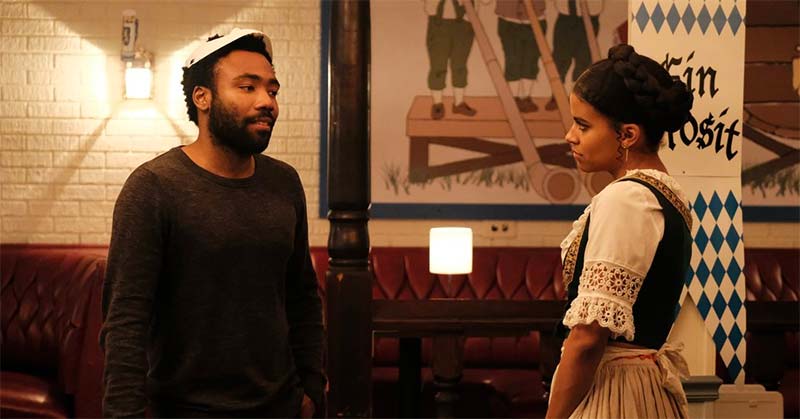
In Helen, there is an unusual combination of bizarreness and authenticity. On one hand, we’re thrown into multiple situations that are foreign, and perhaps a bit strange, to the outsider looking in. On the other, for those of us who have loved and lost, we feel a strong sense of undeniable familiarity as we reminisce about a time where we’ve found ourselves in Earn and Van’s predicament. Ultimately, Helen serves as an essential turning point for the future of the two – and we may finally begin to see Van as a woman with her own hopes and dreams, rather than primarily as Earn’s accessory.
Taking place in the quaint town of Helen, GA, Earn accompanies Van for a traditional German festival. Alluding to Get Out, a wild boar enjoys a feast in the middle of the country road, which causes the two to make an abrupt stop during the car ride. This also serves as the first sign that city-raised Earn is entering unfamiliar territory. When they arrive, Van is hopeful that Earn will enjoy himself, despite feeling like an outsider. As the only one not dressed in a costume, he draws even more attention to himself. With attire, Van is forgiving. With attitude, not so much. Reluctant and unwilling to participate in the traditional German events, Earn explains that he refuses to be someone that he’s not. While I can appreciate Earn wanting to remain fully authentic at all times, his attitude comes across as selfish, arrogant, and even childish. This idea of unrequited love begins to form, as Van has devotedly been by Earn’s side, while he has not.
Immersed in her German culture, Van appears more comfortable than ever before. While speaking in her native tongue with the bartender, Van is at ease, relaxed. Later, in German, the two share one of the most genuine conversations of the season regarding her relationship with Earn. “We can be good together, but only when we have to be,” Van says. “And I’m slowly figuring out that maybe we don’t have to.” As Earn cluelessly walks behind the two, the disconnection between him and Van feels even more apparent.
In the end, Van gets candid with Earn. Being as direct as possible, she details her desires, and how she wishes to be valued as a human being with someone who wants to truly commit, rather than being viewed as an accessory. With Earn’s telling response of, “This arrangement works for me,” we can see that he isn’t deserving of Van. Through his own self-destructive nature, Earn is robbed of love. We’re starting to see a thought-provoking change in Robbin’ Season, where the loss is metaphorical. However, this also raises the question of why Earn has become so careless–not just with Van, but with everything in his entire life. Could we be dealing with an undiagnosed case of depression? Because mental illness within the black community is generally swept under the rug, Atlanta tackling mental illness on-screen could be an imperative shift.
We’re nearly halfway through with Robbin’ Season, and there’s truly no telling what could happen next. Atlanta continues to be unpredictable, and at times feels more like unrelated sketches. While this is what makes the show unique, I’m starting to crave more consistency as I begin to become more attached to the cast. I hope to see the characters develop more into their own, and for the dots to finally begin to connect within each episode. What are your hopes for the remainder of Robbin’ Season?


